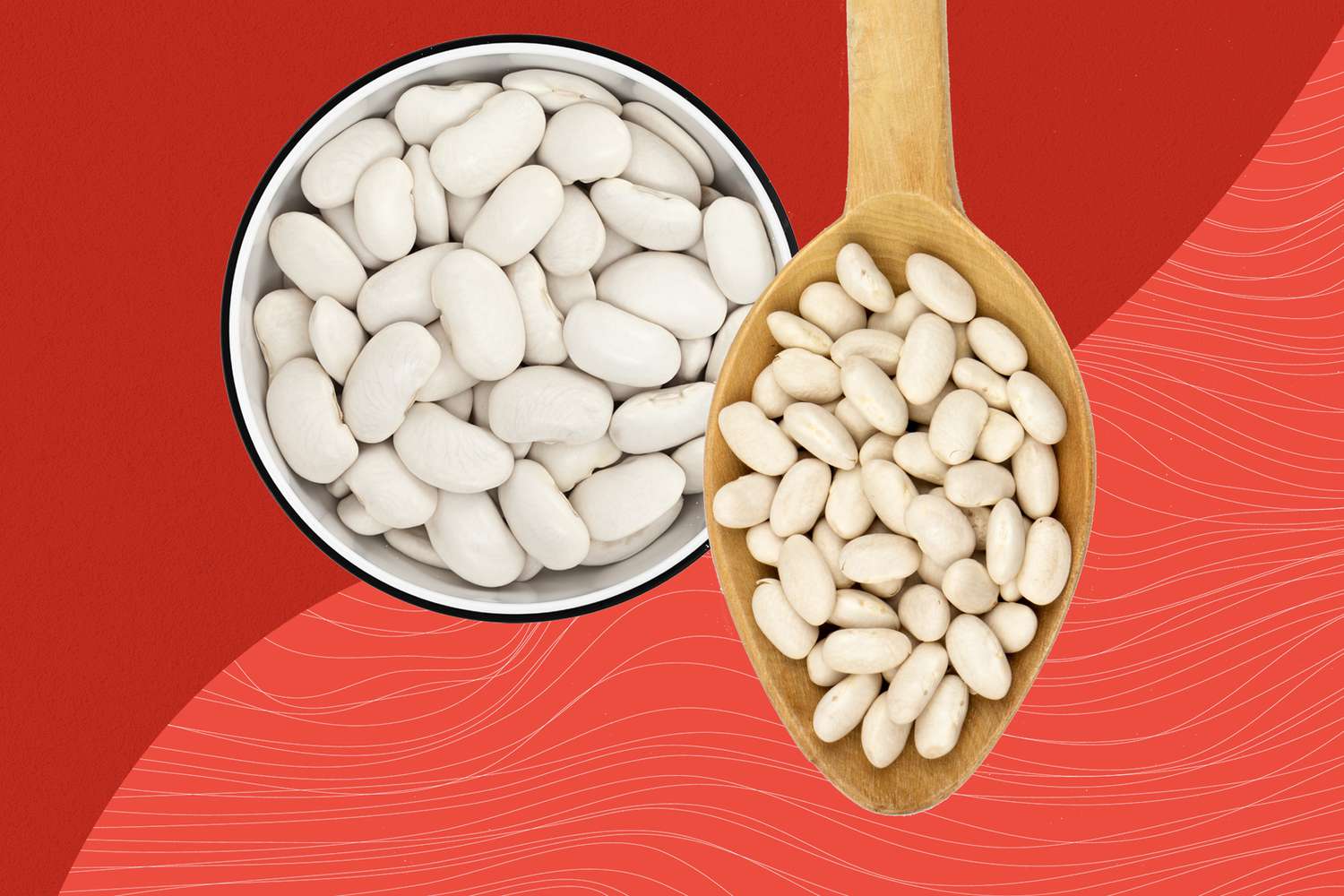
Great Northern Beans, often overshadowed by their more famous cousins, pack a punch in both nutrition and versatility. What makes Great Northern Beans special? These beans are a powerhouse of protein, fiber, and essential nutrients. They can be a game-changer for anyone looking to boost their diet with plant-based goodness. Whether you're a seasoned chef or a kitchen newbie, these beans fit seamlessly into various dishes, from hearty soups to refreshing salads. Plus, they’re budget-friendly and easy to store. Ready to learn more? Let’s dive into 20 fascinating facts about these humble yet mighty beans!
Key Takeaways:
- Great Northern beans are a versatile and nutritious option for vegetarians and vegans, providing plant-based protein, fiber, and essential vitamins and minerals for a healthy diet.
- Incorporating Great Northern beans into your meals can support heart health, aid in weight management, and improve gut health, making them a delicious and beneficial addition to any diet.
What Are Great Northern Beans?
Great Northern beans are a type of white bean known for their mild flavor and versatility in cooking. Often used in soups, stews, and casseroles, these beans are a staple in many kitchens. Let's dive into some interesting facts about these beans.
- Great Northern beans are also called "large white beans" due to their size and color.
- They belong to the legume family, which includes other beans, lentils, and peas.
- These beans are native to North America and have been cultivated for centuries.
- Great Northern beans are often confused with navy beans, but they are larger and have a different texture.
- They have a delicate, nutty flavor that pairs well with various ingredients.
Nutritional Benefits of Great Northern Beans
Great Northern beans are not just tasty; they are also packed with nutrients. Here are some key nutritional benefits.
- They are an excellent source of plant-based protein, making them a great option for vegetarians and vegans.
- High in dietary fiber, these beans help promote healthy digestion.
- Great Northern beans are rich in vitamins and minerals, including iron, magnesium, and folate.
- They are low in fat and contain no cholesterol, making them heart-healthy.
- These beans have a low glycemic index, which helps regulate blood sugar levels.
Cooking with Great Northern Beans
Cooking with Great Northern beans is easy and rewarding. Here are some tips and facts to help you get started.
- They can be used in a variety of dishes, from soups and stews to salads and casseroles.
- Great Northern beans need to be soaked before cooking to reduce cooking time and improve digestibility.
- They can be cooked in a slow cooker, pressure cooker, or on the stovetop.
- These beans absorb flavors well, making them perfect for seasoning with herbs and spices.
- Canned Great Northern beans are a convenient option for quick meals.
Health Benefits of Great Northern Beans
Incorporating Great Northern beans into your diet can offer several health benefits. Here are some of the most notable ones.
- The high fiber content helps lower cholesterol levels and supports heart health.
- They provide a good source of antioxidants, which help protect the body from free radicals.
- Great Northern beans can aid in weight management due to their high protein and fiber content, which promote satiety.
- The iron in these beans helps prevent anemia and supports overall energy levels.
- Regular consumption of Great Northern beans can improve gut health by promoting the growth of beneficial bacteria.
Great Northern beans are a versatile, nutritious, and delicious addition to any diet. Whether you're looking to boost your protein intake, improve digestion, or simply enjoy a tasty meal, these beans have something to offer.
Final Thoughts on Great Northern Beans
Great Northern Beans pack a punch when it comes to nutrition and versatility. These beans are rich in fiber, protein, and essential vitamins. They can help improve digestive health, support muscle growth, and boost immune function. Whether you're making a hearty soup, a salad, or a casserole, these beans fit right in. They’re also a great option for those looking to maintain a balanced diet without breaking the bank. Plus, their mild flavor makes them a hit with picky eaters. So next time you’re at the grocery store, grab a bag of Great Northern Beans. Your body and taste buds will thank you.
Frequently Asked Questions
Was this page helpful?
Our commitment to delivering trustworthy and engaging content is at the heart of what we do. Each fact on our site is contributed by real users like you, bringing a wealth of diverse insights and information. To ensure the highest standards of accuracy and reliability, our dedicated editors meticulously review each submission. This process guarantees that the facts we share are not only fascinating but also credible. Trust in our commitment to quality and authenticity as you explore and learn with us.


